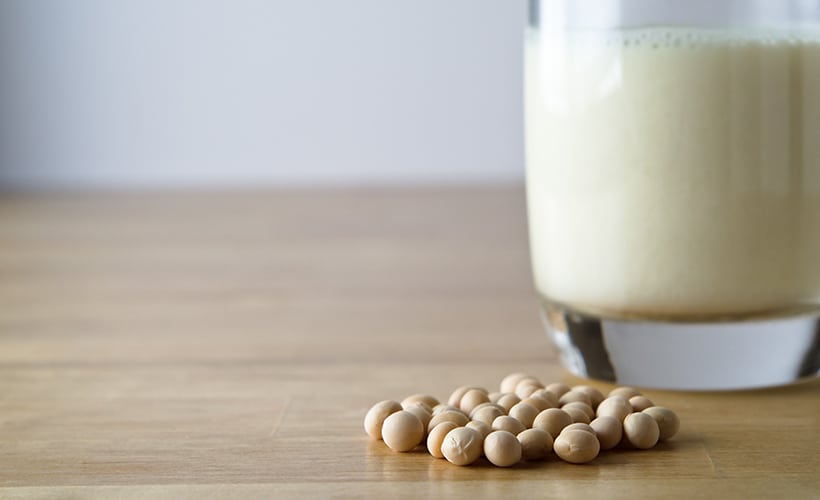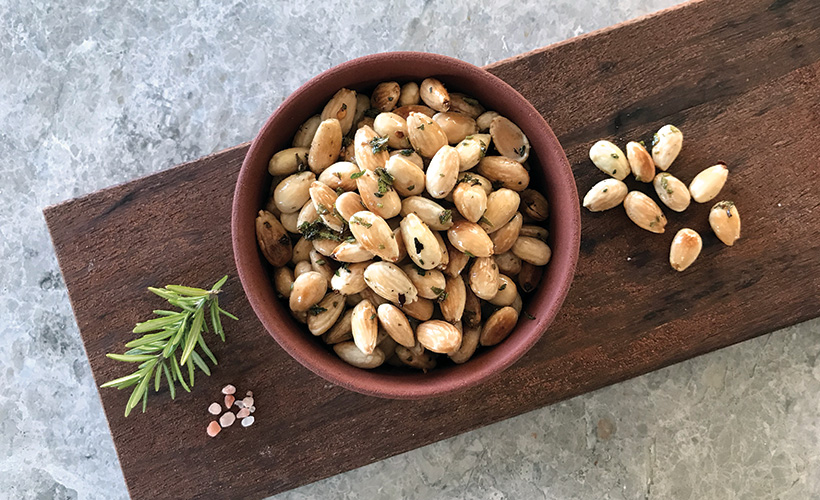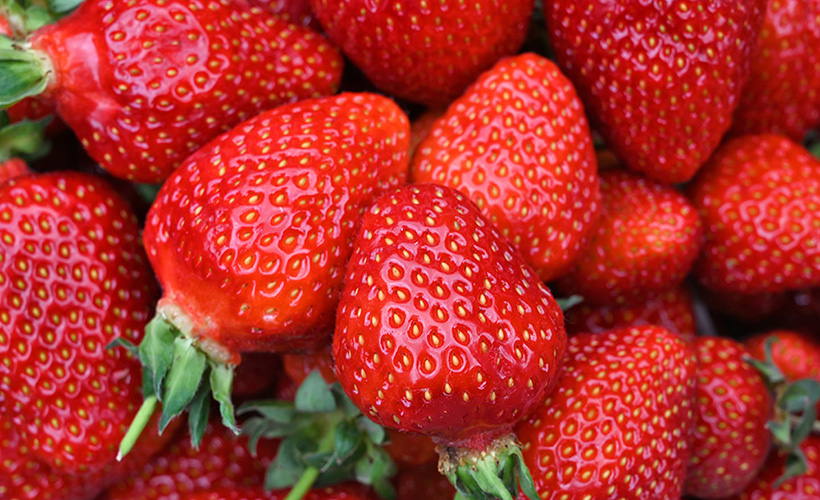Without a doubt, soy is one of the most controversial foods in the natural health world. Depending on who you ask, you may be told it is a great vegetarian superfood or a hormone-disrupting no-no! Below I’ve summarised some answers to some of the questions I commonly get asked. This is a huge topic of debate, and if you’re concerned or curious, I suggest you delve further into research as the answers below are just the beginning…
What are some of the risks of a diet high in soy?
- Soy can affect the body’s thyroid functioning. The thyroid is like the ‘governing hormone’ in the body and disruptions or imbalances with its functioning can affect all other hormones. Soy can disrupt this because it contains what are called goitrogens – substances that block the synthesis of important thyroid hormones.
- Soybeans and soy products contain large amounts of biologically active compounds isoflavones. These isoflavones function as phytoestrogens, meaning that these plant-based compounds have the ability to activate estrogen receptors in the body. The isoflavones are considered endocrine disruptors (chemicals that interfere with the normal function of hormones in the body). Drinking two glasses of soymilk daily for just one month provides enough of these compounds to alter a woman’s menstrual cycle.
- Soybeans also contain what are referred to in the health world as ‘anti-nutrients’ – these are those goitrogens as well as phytates, both which have been shown to reduce the assimilation of certain minerals in the body such as zinc, copper and magnesium.
- Soybeans are primarily a genetically modified crop (approx 90% of the world’s soybean production is said to be genetically modified) Aside from ethical and environmental concerns, genetically modified soy crops have been linked to increased incidences of allergies.
- While many people avoid dairy due to digestive disturbances, soy milk may in fact cause as many troubles – most commonly, I hear of clients feeling bloated when they drink too much soy.
- It has also been discovered that twice as many diabetic children had received soy formula in infancy as compared to non-diabetic children. In infants, studies have shown that consumption of soy formula has been linked to autoimmune thyroid disease.
There are mixed messages out there about it both helping and hindering hormone health. Why is this?
Soy can have an effect on our balance of hormones. Soybeans contain plant compounds, often referred to as ‘phytoestrogens’, which can mimic the effects of the female hormone, estrogen and block normal estrogen production and disrupt hormone function. This can potentially lead to or aggravate conditions such as polycystic ovarian syndrome, endometriosis, and breast cancer. On the flip side, soy products are sometimes recommended for women going through menopause as these same phtyoestrogens can help replace some of the estrogens that women lose as they enter this stage of life and reduce symptoms such as hot flushes.
What about some of the good things about soy?
- Soy products can be a good source of iron, fibre (which you don’t get in dairy) and other vitamins. One of soy’s key selling points is that it’s lower in saturated fat than dairy products.
- Fermented soy products are an accessible and easy source of protein for vegans.
- Soy has been extensively researched for its cholesterol lowering effects. Several studies suggest that soy protein can help to reduce total and LDL cholesterol. As with most nutritional science, not all studies agree on this and more research is required to make any conclusive claims.
- Studies have also indicated that men who regularly consume soy products may have a lower risk of developing prostate cancer in old age.
What about the likes of tofu or soy sauce, they’re often seen as health foods but are they much better?
Fermented soy products such as tofu, tempeh, miso and soy sauce have had those anti-nutrients that we discussed earlier, destroyed in the process of fermentation. They’re also good sources of Vitamin K2 and D, which are often hard to find in food sources. When soy is fermented, it can be a good source of health-promoting natural probiotics. While fermenting soy degrades some of the phytic acid; it should be noted that it doesn’t get rid of the isoflavones
So should I eat/drink soy products?
I would say avoid them if you have metabolism/weight concerns or known hormonal issues, as more and more research is suggesting that consumption of soy has a detrimental effect on such conditions.
If you are partial to eating soy products and want to continue to do so, moderation is the key here. Seek to diversify your diet where possible…for example, if you are allergic or intolerant to dairy milk, try alternating with rice and almond milk as replacements and only drink soy occasionally…I’m not going to lie, soy definitely tastes better in hot drinks like coffee and tea! If a health practitioner suggests you go dairy free, don’t replace all dairy with soy alternatives, e.g.,. milk, yoghurts, ice-creams, cheeses. At the end of the day, as with most things in your diet; balance, moderation and variety are the keys to good health.


















Community